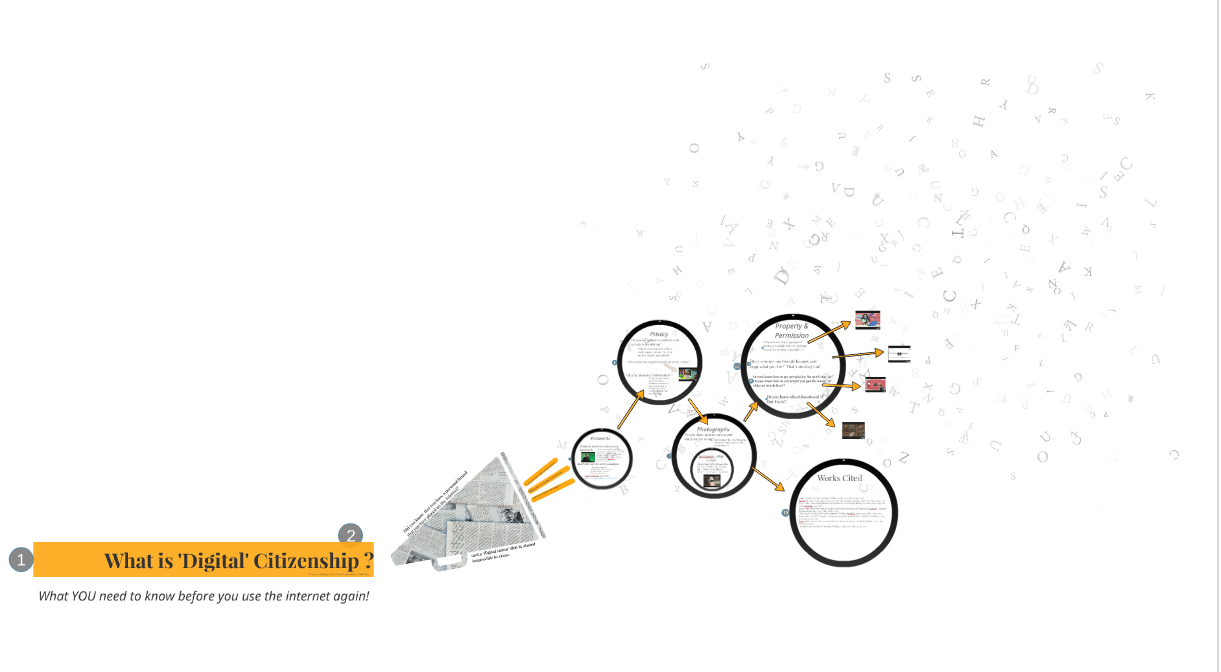In January, our school is going 1:1 with Chrome Books with our 6th grade students. The plan is that in 3 years all our Middle School students will be 1:1 with Chrome Books. This is an ambitious undertaking that affects not only the 6th grade teachers and myself but the other Middle School teachers in 7th and 8th grade too. The 6th grade teachers have totally embraced the change from paper to almost paperless, from using Microsoft Windows to Google. They are excited but a little anxious about the what-if's. What if a student forgets to bring their Chrome Book to school or it needs to be charged. What if the internet is down for an hour or two, what will we do? The students are not just excited, they are elated to be getting Chrome Books before anyone else Middle School.
And the parents? Well, no one has really asked them how they feel.
In her article, Empathy and Research: Engaging Parents with Tech Initiatives, Devorah Heitner, says "it's worth doing some research to better understand parents' concerns. My own research suggests that these are some of parents' top concerns about kids and technology." Teachers and students get so excited about the prospect of having more tech or more devices in the classroom, that we forget that there is a key group of people that support us daily that also need to be in the loop with our plans and goals as they are the adults that support our students at home while we are the adults in their lives at school.
Devorah Heitner says that some of the concerns that parents have over 1:1 initiatives are too much screen time or safety on the internet. But one of the main concerns were that "parents objected to homework turned in digitally because they felt "out of the loop" with regard to teacher feedback. In other words, they were used to visible comments from the teacher on their child's homework. The familiar "red pen" gave parents a great window into their child's progress, and now they missed this valuable feedback."
That means that as the Technology teacher, I need to be working with my principal and the Middle School teachers on training the parents on 1:1, as well as, the students. In fact, I see that training the parents will take more than just one Parent Night meeting but rather teaching staff and I need to work out a planned series of nights to educate our parents who want to know more.
Here are a few Do's and Don't that Ms. Heitner suggests:
Don't talk down to parents or treat them as if they are in the way.
Do take parents' concerns seriously -- and enlist them for committees to research solutions.
Don't assume that their objections are "simply" an inability to accept change.
Do communicate with parents early and often. Invite them to attend events where they will get to experience the approaches, applications, and projects their students are investigating.
Don't spend all of your resources on technology, leaving insufficient funds for parent engagement and professional development.
Do provide your teachers with excellent professional development, including in-school time to prepare, learn in partnership with one another, and get support.
Do let students lead demonstrations and experiences for their parents and other parents in the school community.
Our January, 2015 1:1 Initiative for 6th grade will be much more successful (and enjoyable) if we have our parents feeling like they are an important part of this new venture rather than bystanders without any input or participation.
Heitner, Devorah. "Empathy and Research: Engaging Parents With Tech Initiatives." Edutopia. N.p., 3 Nov. 2013. Web. 04 Nov. 2014.





